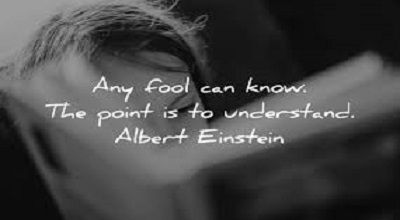Knowledge And Knowledge Limits
When we think about knowledge and Knowledge limits, we’re delving into a topic that’s both fascinating and complex. Knowledge, in its simplest form, refers to the information, understanding, and skills that we acquire through experience or education. It’s what we know.
Now, let’s break this down into more digestible bits:
1. Different Types of Knowledge
- Factual Knowledge: This is about knowing facts like the capital of France is Paris.
- Procedural Knowledge: This involves knowing how to do something, like riding a bike or baking a cake.
- Theoretical Knowledge: This is understanding the principles or theories behind why something happens, like understanding the laws of physics.
2. Sources of Knowledge
- Personal Experience: Learning from what you’ve personally gone through.
- Education and Learning: Gaining knowledge from formal education, reading, or research.
- Observation and Experimentation: Watching the world and experimenting to understand how things work.
- Others’ Experiences: Learning from what others have experienced or discovered.
3. Limits of Knowledge
- Human Brain Capacity: We’re all limited by how much our brains can store and process.
- Access to Information: Sometimes, we just don’t have access to all the information we need.
- Subject Complexity: Some topics are so complex that they’re hard to fully understand.
- Evolving Knowledge: What we know can change as new discoveries are made.
4. Expanding Knowledge
- Continuous Learning: Always being open to learning more.
- Asking Questions: The more you ask, the more you learn.
- Collaboration: Working with others can expand what you know.
- Embracing Change: Being willing to change your understanding as new information arises.
5. Applying Knowledge
- Problem Solving: Using what you know to find solutions.
- Innovation: Creating new things or ideas based on your knowledge.
- Sharing Knowledge: Teaching others what you know.
Summary
In conclusion, knowledge is a vast and ever-expanding field. Our understanding is limited by various factors, but we can always work to expand our horizons through learning and experience. Remember, what we know today might change tomorrow, so staying curious and adaptable is key to keeping up with the ever-growing body of knowledge.
